As more and more Maine towns make efforts toward sustainability, we at Source wanted to recognize those making major strides, whether by promoting local farming or foods or making a commitment to move away from dependence on fossil fuel or ideally, both. We all know about the usual suspects, like Portland, with its Mayoral commission on buying local and efforts to eliminate plastic bags and promote permaculture. But what about away from the influence of hipster central? Some names kept coming up in conversation, and enough of them so that we decided to make this a three-part series.
We kick off our series with Skowhegan, which like the others we plan to feature, has a population under 10,000. The connectivity in smaller towns is an obvious plus; if Mr. Brown puts up solar panels, Mrs. Smith likely not only knows about it, but heard all about his cost savings while the two were shoveling their driveways together. And when someone in town has a good idea, she probably already has a sense of who might help her implement it. Maybe it takes a village to kick off a movement.
“Don’t mind the heavy jail door,” cautioned Amber Lambke, executive director of the Maine Grain Alliance.
The warning is necessary because when you first walk into the Somerset Grist Mill, the overall impression is so cheery and welcoming that it is hard to imagine that the place was, until 2009, a jail full of inmates. The warm Mediterranean colors and the donated or loaned artwork everywhere (look for renowned artist Abby Shahn’s series of 20 “green pieces”) distract from the fact that the offices are all quite small – cell-sized in fact – and every door slides open and closed and most have peep holes punched in the metal. The building was a bargain – Lambke paid only $65,000. But in terms of admirable and attractive repurposing, this place could make the pages of Martha Stewart Living.
But the mill is more than just pleasing to the eye. It’s a serious hub of sustainability and rebirth in a town that, despite being home to high art, via the famed Skowhegan School of Painting & Sculpture (where Abby Shahn’s father Ben taught), has struggled with low days, including poverty and decline. This is, after all, the Maine town that filmmakers shooting the HBO adaptation of Richard Russo’s “Empire Falls,” a novel set in rundown former mill town, chose as a primary location.
LOTS OF HATS AND A HUB
Inside the mill itself, which is housed in a corner of the jail that includes the old cafeteria, equipment hums and thrums on four levels, with the grain bins on the top floor (harnessing gravity). Maine Grain Alliance products are already being sold as far away as New York, although Lambke says she’ll be happy just to serve New England. Inside the brown paper sacks stacked up or heading out to the loading dock are oats, cracked and rolled, wheatberries and heritage grains that grew in this region once, a hundred years ago, and which Lambke hopes will soon be back in style. A major factor in raising public awareness about Maine’s increasing grain crops – as well as the potential for more – has been the Kneading Conference, which became an annual event starting in 2007 and was held this past week. This year’s numbers haven’t been tallied yet, but in 2014, 250 people signed up for the two-day conference and another 3,000 attended the Maine Artisan Bread Fair that followed.
Lambke likes to say “we all wear a lot of hats around here,” and a tour of downtown Skowhegan is evidence of that. The former speech language pathologist who moved to Skowhegan for love nearly 15 years ago is not just an advocate, a miller and a key force behind a bread conference that has been written about by no less than the New York Times, she’s also a landlord. She leases space inside the old jail to businesses that include a yarn shop (in the old visitation quarters), the Tech Spot, which is a youth technology center for middle and high school students, an office for WXNZ radio and The Pickup.
How to explain this last, a multi-faceted business operating out of the jail’s former mechanic’s bay? The Pickup is a cafe three days a week, serving dinner on Friday and Saturday nights and brunch on Saturday (when the farmers market takes over the parking lot adjacent) and Sunday. It’s the retail shop for Maine Grains. It’s also home to the Community Supported Agriculture (CSA) program for the area, serving as the gathering and distribution center. On a recent Wednesday, the tables in the cafe were loaded with brown paper bags holding different types of CSAs, from the basic to the souped-up varieties, like the ones that include a meat share (goat that week) or ice cream from nearby Stone Fox Farm Creamery.
The vegetables included cauliflower and kale from Sarah Smith’s Grassland Farms, along with milk from her dairy. There were new potatoes, sugar snap peas, salad mix and tomatoes. In all, 55 farmers feed into this CSA, most from within 60 miles of Skowhegan, although 18 local farms serve as the core producers. The Pickup also does bulk sales to schools and institutions. And they’ve hit capacity in terms of space, thanks to a lot of happy customers, who drop by to pick up their share and maybe a pizza from the Maine Grain Alliance’s wood-burning oven, conveniently parked next to The Pickup and cooking up pies from 3 to 6 p.m. on Wednesdays.
“What they get is a guarantee of diversity,” Smith said. “It’s not only good for the CSA customers but also really good for farmers.”
The farmers are guaranteed sales. And there is a bonus: “They can grow what they do well and do more of it,” Smith added. “No one can do everything. And I don’t have to grow tomatoes anymore. Which is good, because I was no good at it.”
The building itself is a hub, but its tentacles extend throughout town. There are two brewers in town, Oak Pond Brewing (motto: “try it ’cause it’s local, drink it ’cause it’s good!”) and Bigelow Brewing, which opened in May 2014. Husband and wife Jeff and Pam Powers use Maine Grain oats in their “Jailbreak” brew and the company’s wheatberries in the brown ale. They also plan to put in a pizza oven, with dough started from spent grains. They planted their first acre of hops this year and hope to eventually put six acres into production.
‘A LIFE OF ITS OWN’
“The energy in town is amazing,” Pam Powers said. “Skowhegan has had a great push on local. It has really taken on a life of its own.”
As Lambke led the way on a short walk across downtown, she pointed to some recent upgrades – pedestrian walkways, new pavement and median gardens – that Skowhegan had been able to put in part because of the grist mill’s investments. Skowhegan received $900,000 in state and federal grants for the project and match money from private investment at the Somerset Grist Mill and property tax revenue generated by downtown improvement projects.
“I run the risk of making this seem easy or smooth,” Lambke said. It wasn’t, she said. After all, it took Lambke three years to raise the money for the mill and renovations, and Skowhegan has been in what she calls a “catalytic phase” of change for longer, she said. “And a lot can happen because people wear a lot of hats.”
She opens the door of the Bankery, a family-owned bakery (adjacent to their florist/wedding cake/tuxedo shop), which presents more evidence of Skowhegan-style connectivity. Matt Dubois, one of three owners of the Bankery et al (including his twin brother and his husband) comes out to say hello. The display cases, which were part of the teller counter back when this was an actual bank, are filled with breads and pastries. The Bankery, which just turned 7, pre-dates the Somerset Grist Mill but as soon as the Maine Grain Alliance had product, Dubois revamped his recipes to include their flours and oats. “It was all white flour before,” he said. The Bankery also makes the dough for those Wednesday afternoon pizzas at The Pickup.
Lambke pulls her next-door neighbor, Bob Haynes, into conversation over the Bankery’s granola bars made with Maine Grain oats. He’s a forest management consultant who has a serious interest in land conservation, serving as a member of the Somerset Woods Trustees, which was founded in 1927 and which some believe to be the oldest land trust in the state. The group has an option on a 20-acre field nearby, adjacent to the Margaret Chase Smith Library, which the Maine Grain Alliance is hoping to turn into a working seed farm, producing seed for all those farmers throughout Maine who Lambke hopes will start growing heritage grains.
“We have problems with the seed supply for some of these heritage grains,” Lambke explained. “You can buy little packets, but they’re no good for commercial use. So we’d take 10 seeds and turn it into 100 and then turn the 100 into 1,000 and so on.”
They’re calling the project the Wheat Trail and plan to put in recreational trails overlooking the wheat.”Then we don’t have to mow the thing,” Haynes said wryly. “Tourism is the spin-off to practicality.”
In Skowhegan, fields of big dreams are being planted.
Send questions/comments to the editors.


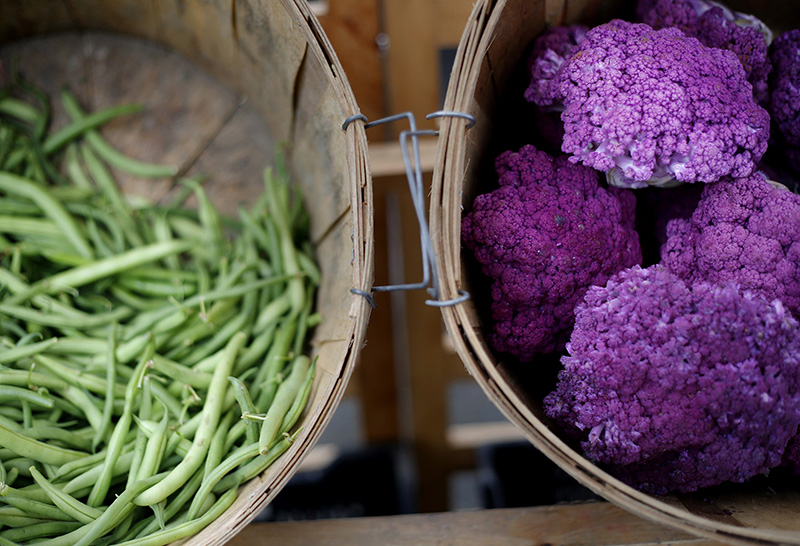
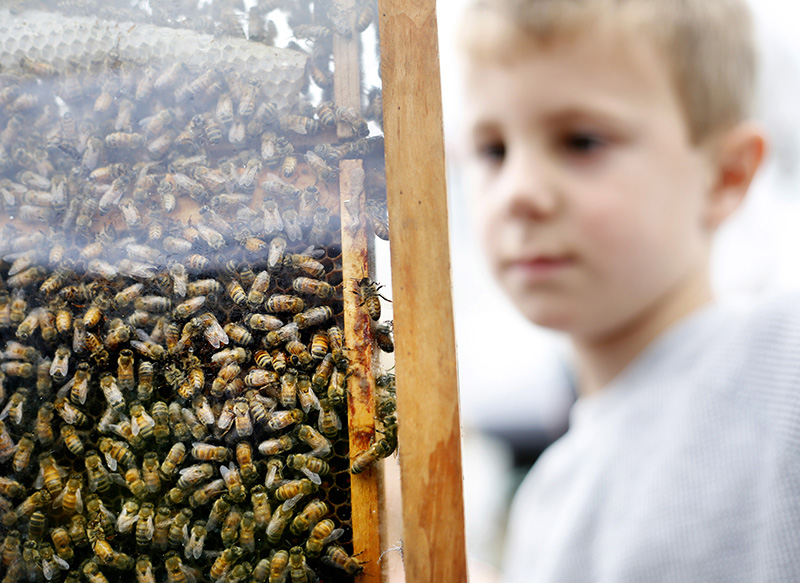
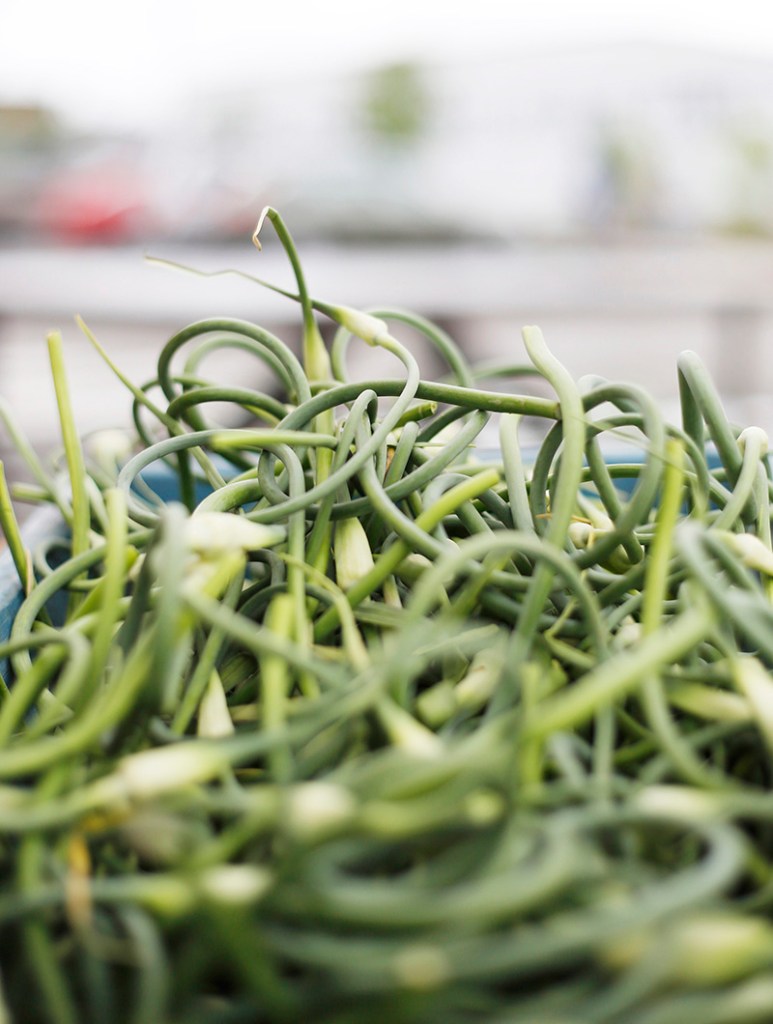
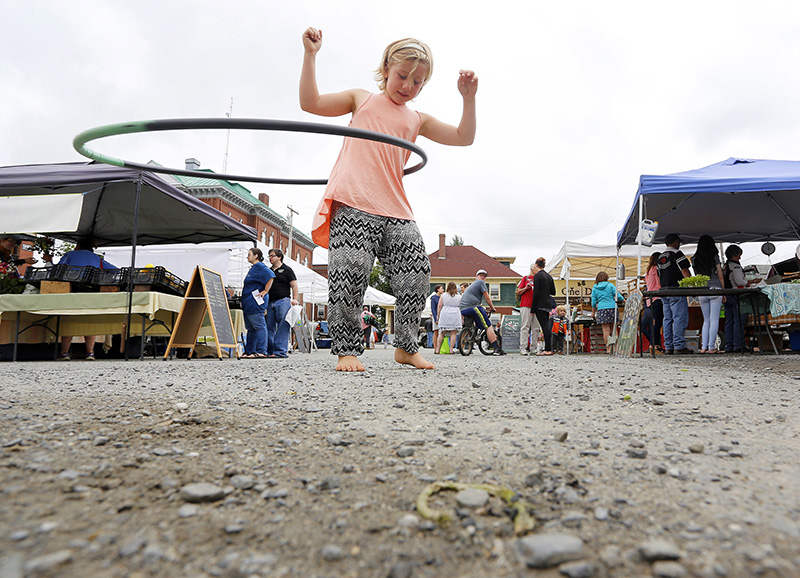
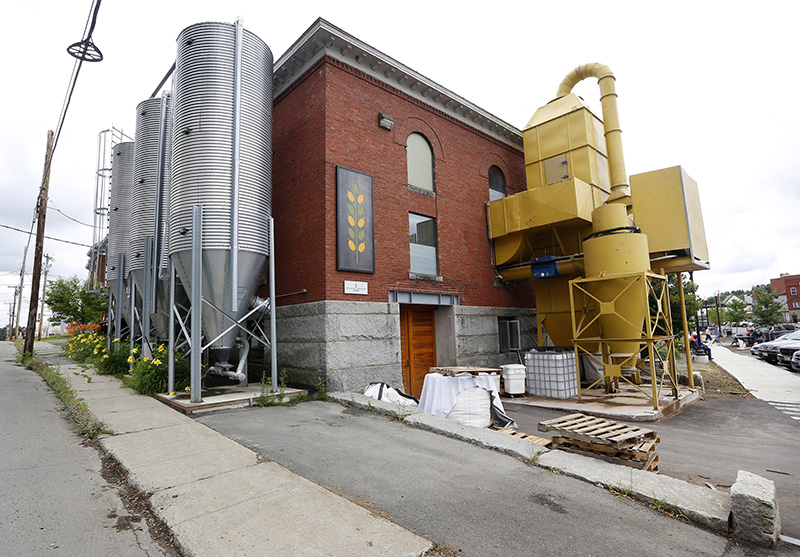
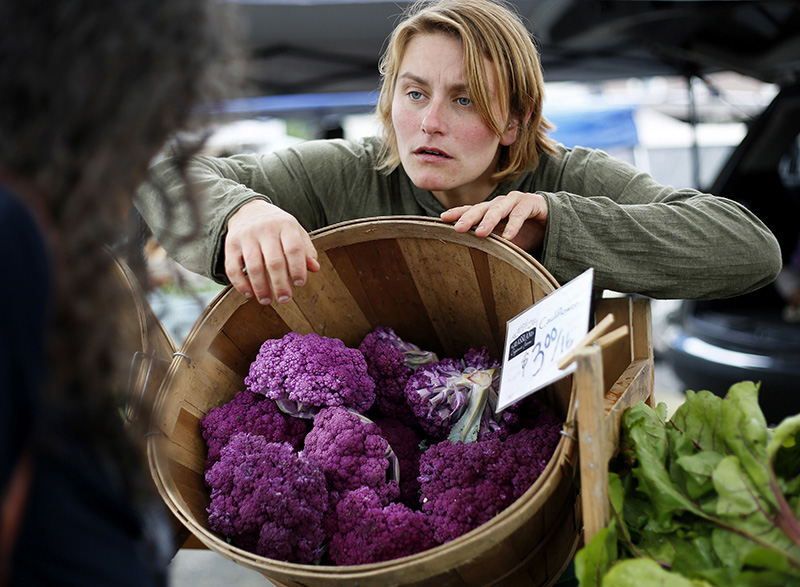
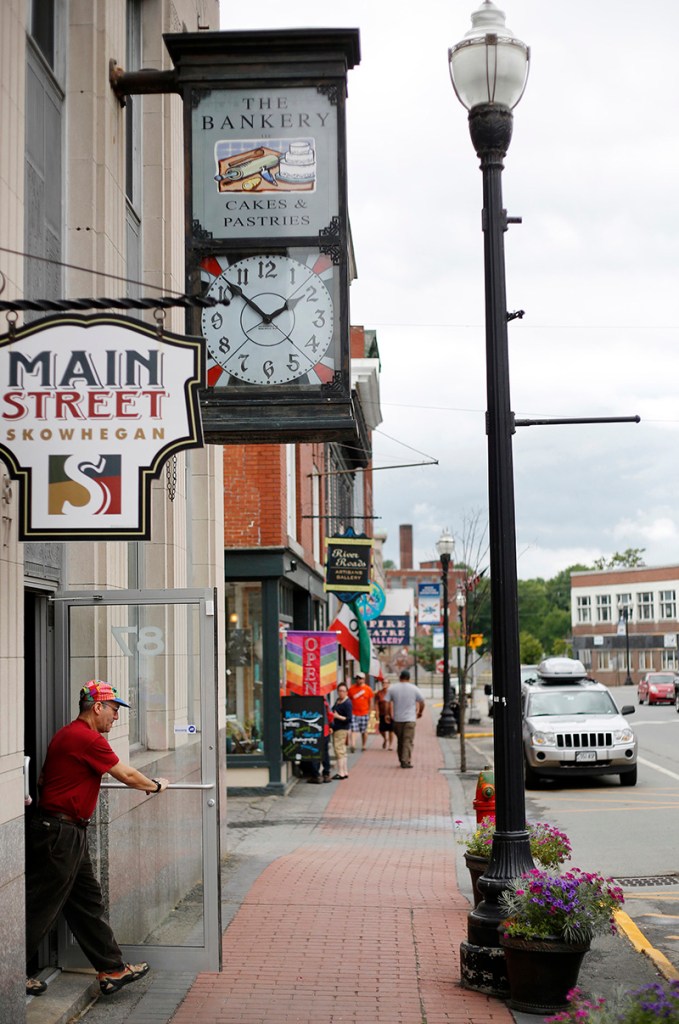
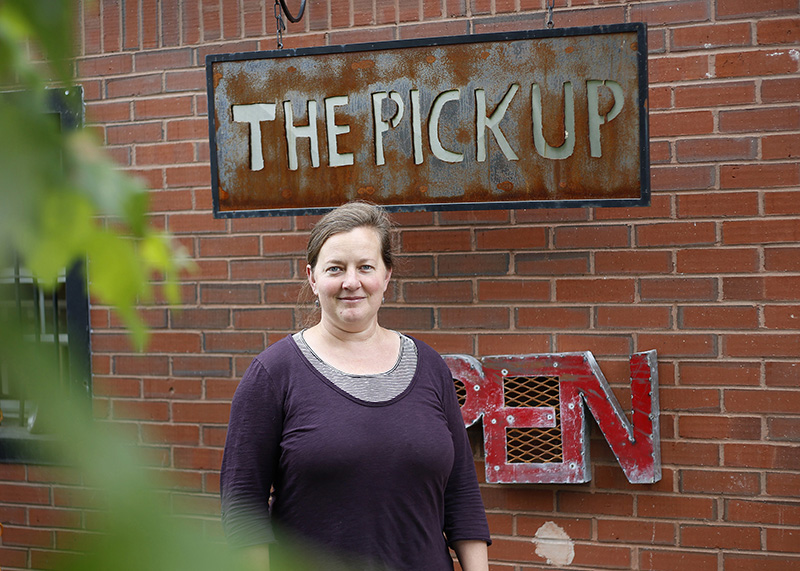
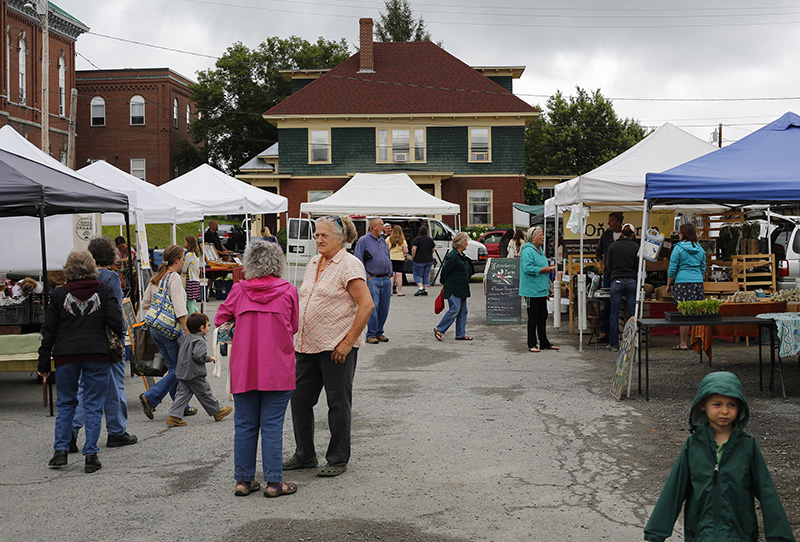
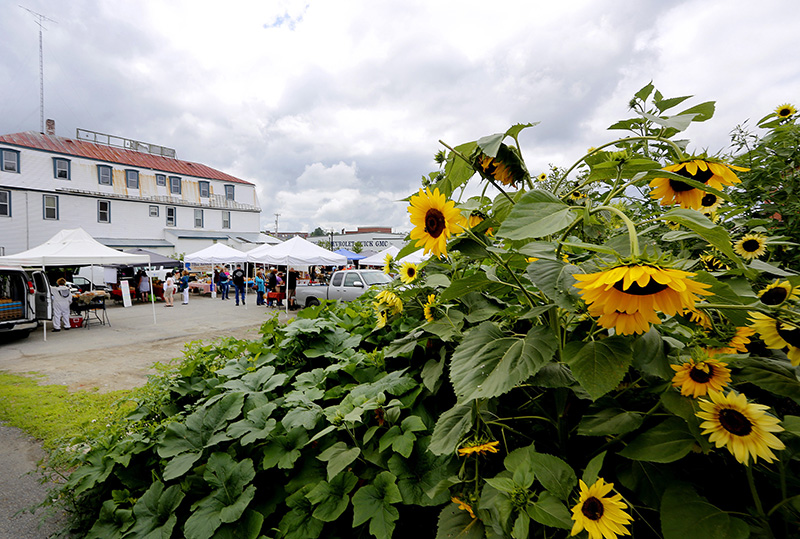


Comments are no longer available on this story